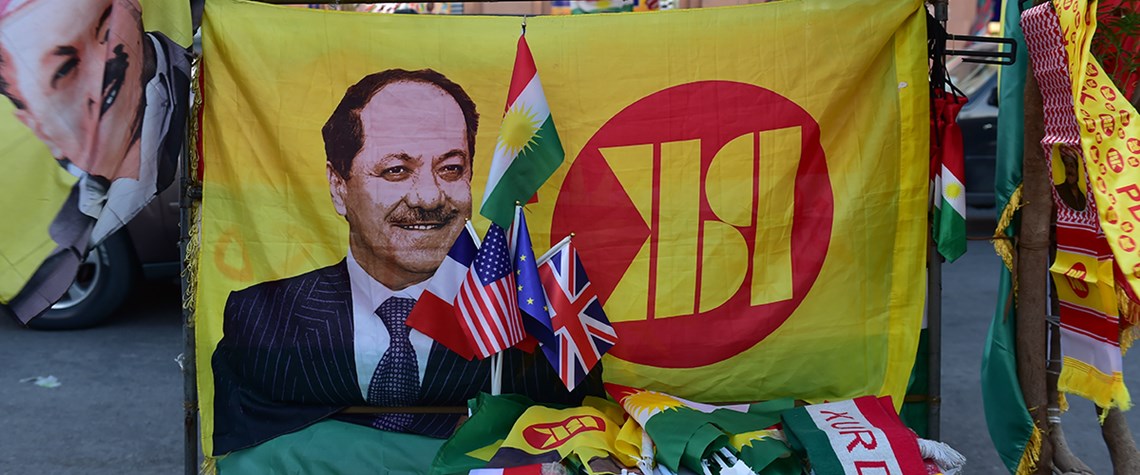Iraqi Kurdistan—back to square one
The independence vote heralded political and economic disaster. Existential uncertainty now faces the region's oil sector
When he proceeded with the independence referendum in September, the Kurdistan Region of Iraq's President Massoud Barzani misread the post-Islamic State moment, alienated international allies and stirred Baghdad's animosity. Friendless and out-gunned, the KRI's Peshmerga forces capitulated when Iraqi federal troops swept into the contested city of Kirkuk and a vast belt of disputed territories across northern Iraq in mid-October. Soon after, the KRI lost 280,000 barrels a day of oil production and around 6bn barrels in proven reserves when Iraqi forces restored Baghdad's control of the Bai Hassan oilfield and the Avana Dome of the Kirkuk field. They kicked out KRI-appointed contractor Kar Gr

Also in this section
18 February 2026
With Texas LNG approaching financial close, Alaska LNG advancing towards a phased buildout and Magnolia LNG positioned for future optionality, Glenfarne CEO Brendan Duval says the coming year will demonstrate how the company’s more focused, owner-operator approach is reshaping LNG infrastructure development in the North America
18 February 2026
The global gas industry is no longer on the backfoot, hesitantly justifying the value of its product, but has greater confidence in gas remaining a core part of the global energy mix for decades
18 February 2026
With marketable supply unlikely to grow significantly and limited scope for pipeline imports, Brazil is expected to continue relying on LNG to cover supply shortfalls, Ieda Gomes, senior adviser of Brazilian thinktank FGV Energia,
tells Petroleum Economist
17 February 2026
The 25th WPC Energy Congress, taking place in Riyadh, Saudi Arabia from 26–30 April 2026, will bring together leaders from the political, industrial, financial and technology sectors under the unifying theme “Pathways to an Energy Future for All”







